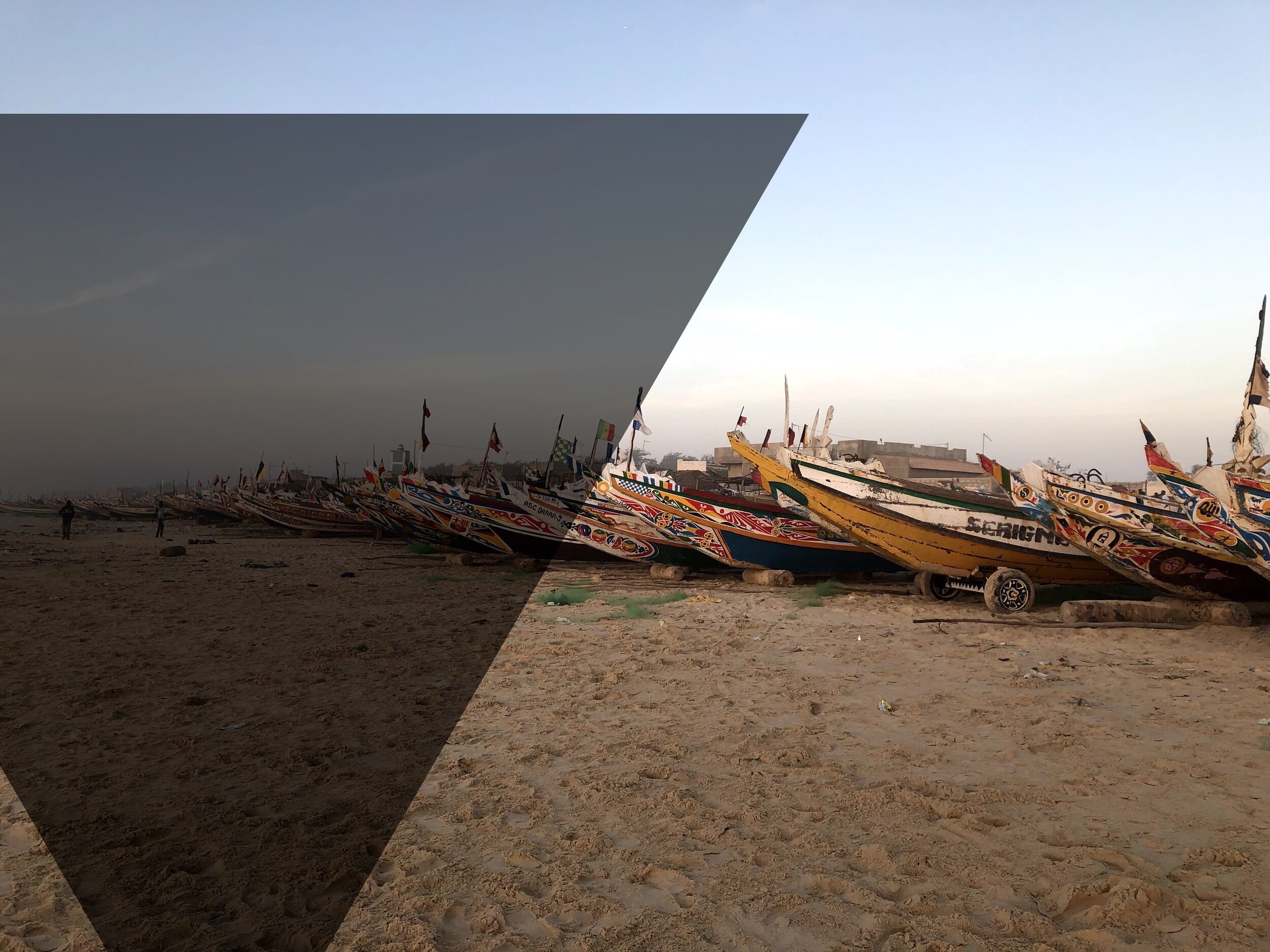
RESEARCH
What We Have Learned… So Far
Prior to planning our pilot program, we spent two years consulting with Senegalese advisors, reviewing all the third party reporting and academic research we could find, and conducting our own field research with the help of our Senegalese partners. We are committed to continued learning through ongoing research and iterative learning from our own successes and failures.
Here’s a brief summary of what we have learned, so far:
Religious education institutions such as daaras are vitally important to Senegalese culture. Marabouts fill a critical role in their communities, caring for and educating hundreds of thousands of children, enriching religious and cultural traditions, and contributing to a resilient local economy. Although some marabouts take advantage of the system to exploit and abuse children, most are kind, faithful, hard-working men who lack alternatives to forced begging. Marabouts and other religious leaders told us they are eager to change this system, but they need help. Most community members, alms-givers, and the families of talibés also support reform. Likewise, the Government of Senegal has outlawed forced begging and implemented multiple social programs to attempt to reform the system. However, lax enforcement (combined with a lack of alternatives) has not deterred marabouts from continuing the practice. Additionally, social programs have focused on removing a small number of children from urban Daaras and sending them back to their families, rather than supporting religious education institutions. These solutions fail to recognize the importance of daaras and the role of marabouts in Senegalese society. Moreover, they fail to engage key stakeholders in the solution.
Our Research
Our primary research focuses on conversations with key stakeholders. Our team meets regularly with members of the six stakeholder groups that we are targeting: Talibés, Marabouts, Almsgivers, Families, Community Care Providers, and Government Agencies. The insight we gain from each of these groups informs our activities and overall approach. Explore some of our most in-depth research efforts below:
-
Since inception, Mansa Musa Institute has engaged Senegalese advisors from a variety of backgrounds to participate in monthly advisory meetings. We are immensely grateful to them for challenging our assumptions and ideas, explaining the linguistic and cultural context, and for connecting us with critical people and resources in Senegal.
-
MMI consultants conducted extremely informative interviews and focus groups with Marabouts, community care providers, and government officials in late 2020. We were encouraged to discover that most Marabouts who forced Talibés to beg wished for alternative methods to finance their operations. We also gathered critical demographic data regarding Daaras in the city of Thies. We are planning a follow up in July/August of 2022 to speak with the same Marabouts.
-
This extensive research paper by founder and board member Quentin Good broadly summarizes the issues and research, assesses the policies of the Government of Senegal, and makes recommendations. The paper delves into the religious and cultural contexts behind forced begging, Senegalese law and enforcement efforts, and the effectiveness of social programs aimed at curbing forced begging. It leverages leading scholars in the academic field of forced labor and human trafficking to make policy recommendations addressed to the Senegalese Ministry of Education and the Daara Inspectorate.
-
MMI gathered together several of our most trusted Senegalese advisors to conduct a red-teaming exercise designed to challenge our assumptions and ideas.
Outside Research and Reports
Mansa Musa Institute has carefully read any research and reporting we have been able to find on forced begging in Senegal. Unfortunately, this ongoing human rights crisis has not received the international attention it should. Research and reporting on the issue is quite limited, especially in the academic world. Most available information is journalistic reporting conducted by human rights organizations. Mansa Musa Institute does not necessarily agree with or endorse the findings, messaging, or opinions expressed by these authors. However, we feel it is important to gather and share information from as many sources as possible. Explore some of the most influential research and reports below:
-
A pair of substantial reports published in 2019 by Human Rights Watch (HRW) and the Platform for the Promotion and Protection of Human Rights (PPDH) highlight the extent of the problem and analyze the government’s policy, programming, and judicial efforts to protect talibés from 2017 to 2018.
There is Enormous Suffering: Serious abuses against talibés children in Senegal
-
The historically significant organization Anti-Slavery International has also highlighted several programs working to end forced begging and published periodic reports to the UN Human Rights committee regarding forced begging in Senegal.
-
The popular periodical has called attention to forced begging and associated abuses on several occasions, including this 2019 article.
Chained to Tradition: Thousands of children are abused in Senegal's religious schools
-
The USDOC publishes the Trafficking in Persons Report annually. It contains a country profile on Senegal with a narrative concerning forced begging of talibés.
-
One of the few academic articles concerning forced begging was written by Donna Perry, who interviewed hundreds of Wolof farmers in rural Senegal. Providing a fresh perspective, she challenges the common assertion that forced begging is at its heart an economic/structural issue and problematizes theses discourses.

